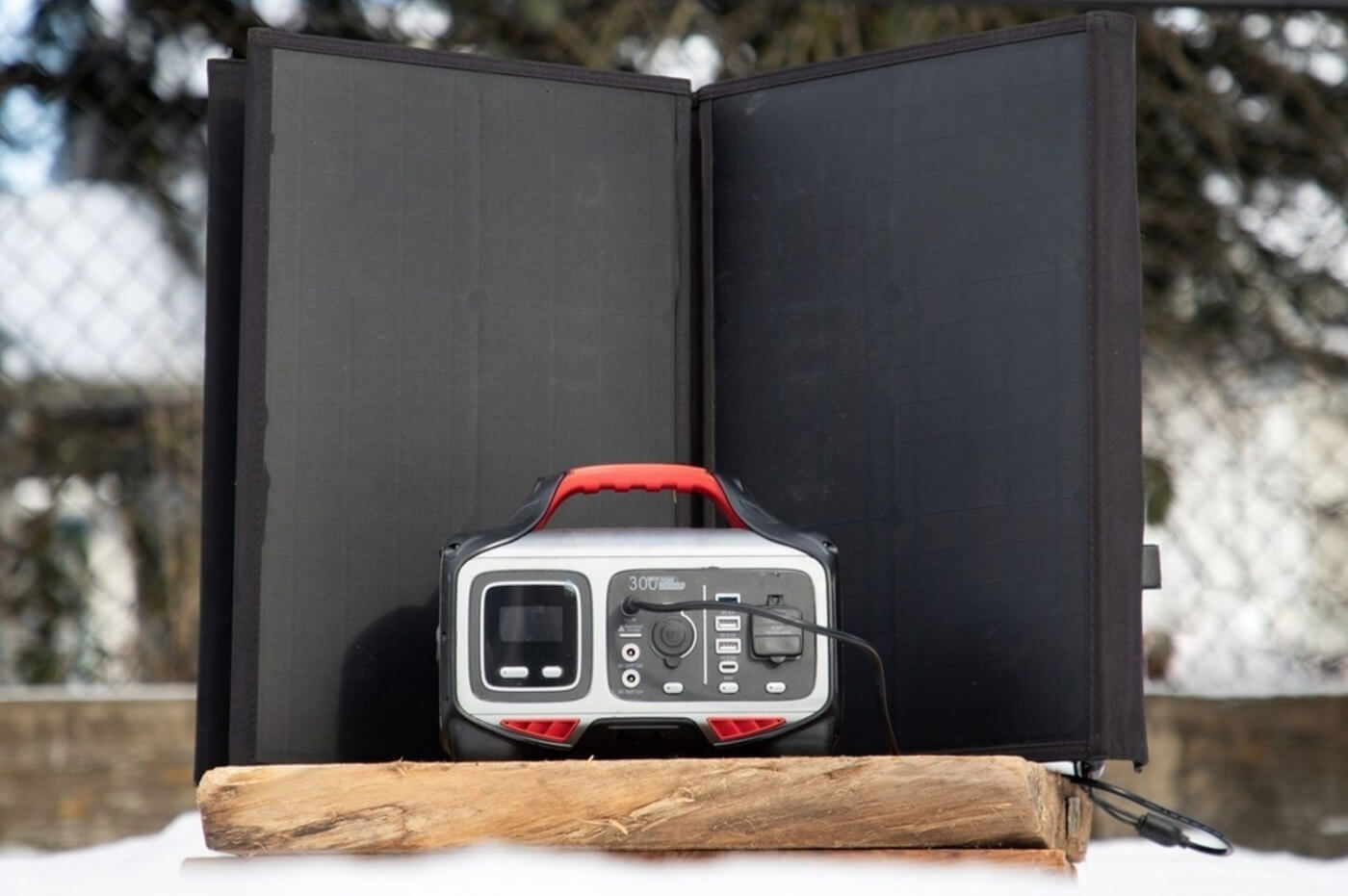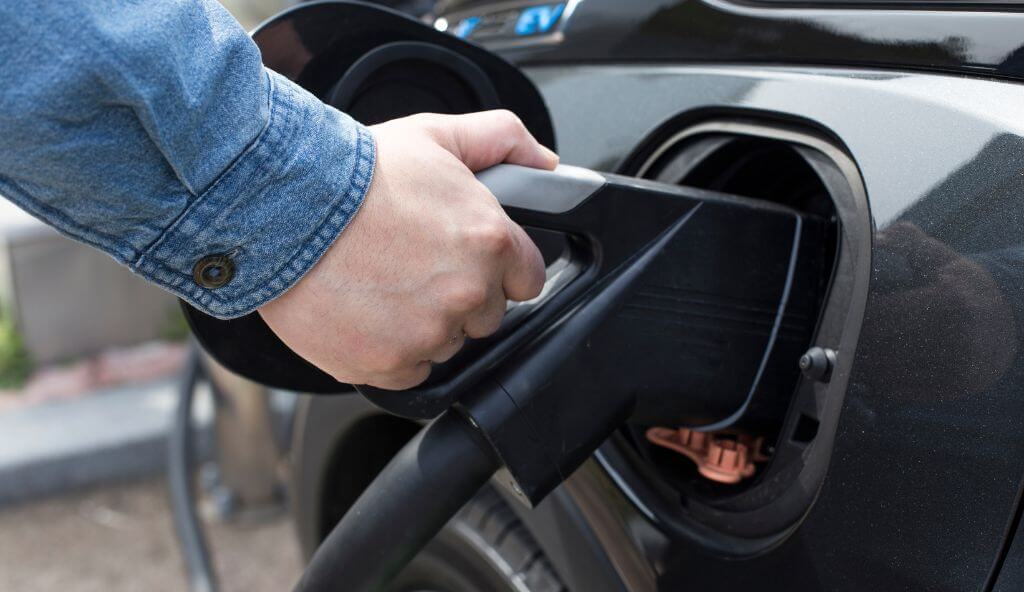Solar-Powered Home Generators
Do you want to cut your energy bills? Or are you living in an area where frequent power outrage is a norm? Then getting Solar-powered home generators are the best option for you. Combined with solar panels and big batteries, these generators do double duty. They help you cut your energy expenditure and are the best solution to power outage problems.
The solar-powered home generators industry is expanding each day. Thus making a choice for the best available option is tricky. You have to consider various aspects like your energy needs, the generators' capacity, your budget, and much more. The article will briefly discuss the various aspects of solar-based home generators. And how you can find the most suitable solar system.
What are solar-powered home generators?
Generally, solar generators are any system that consumes solar radiation and provides us with energy. Technically these home generators are off-grid power plants with inbuilt batteries and can get power from solar panels, AC power, or even can be connected to a car charger.
These systems have specialized mechanisms to capture the sun's energy via solar panels and store it in batteries. Usually considered not feasible for home systems, current solar-powered home generators can meet the electricity demands of a complete house.
How do solar-powered home generators work?
Solar-powered home generators can provide continuous electricity without requiring anything except solar radiation. With the current burgeoning climate crisis, they are the best alternative to fossil fuel-dependent generators.
Solar generators generally consist of batteries, solar panels, charger controllers, and an inverter that converts solar energy into chemical energy, which is eventually stored in batteries. To better understand the working of a home-based solar generator, here is a detailed discussion about its components.
The battery of solar-powered home generators:
Battery works as a storage house in solar generators. It stores energy to meet the energy demands when solar radiation is unavailable.
Solar generators currently use Lithium-ion batteries, which are expensive but more efficient than lead acid batteries. However, as recommended by various solar experts, lithium-ion batteries are safer and more affordable in the long run.
Charge controller
This vital component of solar-powered home generators boosts and protects the durability of batteries. They are crucial in these solar systems as they control batteries' power dynamics and charging.
Inverter
The inverter converts the direct current to an Alternative current, which your home appliance use for its functioning.
Comparison between solar-powered home generators and gas-powered generators
While dozens of power backup systems are available in the market, finding the right one is crucial for your home, pocket, and environment. While opting for power backup, solar and traditional gas generators are the two most popular alternatives. They are both efficient, but solar generators are debated as the most efficient. Many factors distinguish solar generators from gas generators, but the primary factors are:
Reliability of solar generators over gas generators
An efficient power backup is reliable, cost-effective, requires little to zero maintenance, promotes battery health, and is environmentally friendly- solar generators have all these advantages.
Gas generators are also reliable and can provide power to meet the needs of the whole house, but with various shortcomings. They require periodic Maintainance, and with the current supply chain disruption and increasing fuels cost, they can toll heavily on your pocket. One more downside of gas generators is your dependency on fuel sources which can be disrupted in an emergency.
Pollution costs
There is no need to say about these factors, but it's worth mentioning that energy produced by solar-powered home generators is 20 times.
Gas generators are the source of two significant pollutions, air and noise. The first place many housing authorities do not permit their installation due to noise disturbance. Secondly, they emit carbon monoxide and other air pollutants, the major causes of air pollution.
Thus investment in solar-powered home generators is an investment towards zero emissions, eventually in your family's healthy future.
A permanent source of electricity
Power backup systems are usually used to carry out operations during a power outage. Using gas generators as a primary power source is not feasible, as fuel costs are too high to run gas generators compared to electricity. But if you have solar backups, you can use them as your permanent power source without depending on any other source until you have the sun to supply solar radiation. And at night, the stored power can run your house, thus drastically lowering your electricity bills.
Affordability
When it comes to first-time investment, solar-powered home generators can get more out of your pocket than gas generators. However, soal backups are more affordable in the long run. And with the burgeoning fuel crisis, they are also more pocket-friendly in the short run.
In terms of the maintenance cost, cost victory goes with solar panels. They require very little to no maintenance compared to gas backup, which requires essential periodic maintenance to carry out functions effectively.
Tax Rebates
Currently, climate change is a severe crisis around the globe. Many countries are maximizing their efforts to achieve net zero emissions goals and offering tax credits of up to 26% of total solar installation costs.
This includes buying solar panels, batteries, inverters, everything to run a solar-powered home generator, and even the labor cost to set up the system.
Unfortunately, we do not notice any such comfortability while installing gas generators.
Power capacities: Can a solar generator power a house?
Generally, there is a perception that solar-powered generators are less suitable than gas generators for powering the whole house. However, modern solar power backups with lithium-ion batteries can also be modified to support your house's power needs.
Gas generators functioning depends on the principle of more fuel and more energy. They can supply colossal amounts of power as long as you have fuel to feed them. Once you are out of fuel supply, the system will automatically shut down. But in the case of solar power, the sun is the permanent energy source, so there are no worries about running out of fuel.
What is the average cost of a solar-powered home generator?
As power outages become a norm, the need for power backup is increasing. Statistics shared by Poweroutage.US show that power outage hours increased to 1.33 billion from 770 million in 2019. One way to keep your home power working without becoming a financial burden is the installation of solar-powered home generators.
A wide range of solar backups with varying power outputs is available in the market. Depending on your investment, the cost of a solar-powered home generator could vary from a hundred dollars to many thousands.
Solar generators with low capacity are available in the range of 100$-500$. Their power output capacity is around 5 watts, and they only come with a few USB ports and power outlets.
With an amount above 500$, you can install a solar generator with a power capacity of 15 watts that can power small house appliances like laptops and cell phones.
If you want one solution for all your power needs, you can consider large solar-powered generators with a price range between 1000$-4000$. They can support all your essential electric appliances. Their working is efficient and has significant power outputs of up to 3000 watts.
What to consider before buying a sole-powered home generator?
With the diverse available options, choosing the best solar generator for you could be confusing. Many brands available are less or more similar at first glance. The reality is a bit different. Only some are good as their brands assure them of being. To choose the best available option for you, here are some questions you should consider before buying:
What are the best Quality solar panels available?
Solar panels that can be attached to solar generators are mainly of three types.
- Amorphous crystal panels
- Monocrystalline solar cells
- Polycrystalline solar cells
Each of them has variable solar consumption capacity. Monocrystalline is more effective and more common as compared to polycrystalline. In contrast, amorphous crystal panels are a new technology that is more affordable, flexible, and light but almost half efficient as formers. They can be attached to solar panels and can also be used independently.
So it's wise to consider all three and pick the most suitable option.
How do Battery capacity and compatibility effects solar generator efficiency?
Solar generators supply power through their stored solar energy, so their functionality mainly depends on their storage capacity. So probing about generators' inbuilt battery capacity and power ratings (amount of power output at a time) is crucial. A battery with high storage capacity and low power output would not be able to bolster your all-house appliance. Compatibility between these factors yields the best results.
What is the best Battery type for a solar generator?
The most commonly used batteries in solar generators are lithium-ion and lead acid. However, lithium-ion batteries have a couple of advantages over lead acid. They are lightweight and more efficient. But their first-time cost is high, balanced by their long shelf life compared to lead acid. So opting for lithium-ion is more suitable.
How much time does it take to charge a solar generator?
The charging capacity of a solar generator is critical in determining its efficiency as to how much power input it can take to recharge. Multiple variables are present depending on their charging capacity. Usually, a solar generator with 100 watts or more capacity is reasonable. However, depending on your pocket size and needs, the higher charging capacity generator is potentially beneficial. It could store more power, eventually supporting all your home appliances simultaneously.
How much power can a solar-powered home generator produce?
Your investment in solar generators is only worth it when it can simultaneously support all your essential electric appliances. And this depends on the power output capacity of solar generators.
Solar backup systems' power output capacity varies from a few to hundreds of watts. Normally a solar generator with an output capacity of 250 Watts at a time can support all supply needs. But if you have big appliances, a generator with an output capacity of around 500 watts would be more suitable.
Is it easy to move solar generators from one place to other?
While portable power sources are available from quite a few now, in retrospect, they were heavy. But with the availability of solar generators, it's easy to move them from one place to another.
Though all variants of solar generators have very manageable weights, considering your use, stationary or portable, it is suitable to consider weight before opting for a specific type.
How much do solar-powered home generators last?
Installing a solar generator requires a significant investment. So it's good to inquire about these machines' life expectancy. A solar-powered home generator consists of multiple parts. For an accurate evaluation, it's better to discuss everything in detail.
The first and foremost part of the solar generator is its solar panels. Depending on brands, different solar panels have a different life expectancies. But the life of an average solar panel is 20-25 years.
Batteries, the power storage house, are a must to consider while probing about the life expectancy of a solar generator. The shelf life of the battery depends on its charge cycle. Unlike conventional gas generators, solar generators have lithium-ion batteries. These batteries are way more efficient and have a double life compared to lead-acid batteries. The average lifetime of a lithium-ion battery is 7-10 years.
Other essential parts of the system include charge controllers and inverters. The charge controllers have a shelf life of 15-20 years, while inverters have a life expectancy of 10-15 years.
In closing, the life of a solar-powered home generator depends on its use. A well-maintained operational environment can significantly boost the shelf life of your system.
The bottom Line
With the world on the verge of climate collapse and increasing fuel prices, there's never been a better time to shift toward renewable energy sources. Many incredible solar-powered home generators are available to help you with your backup and pollution problems and save some extra bucks with a promised green future. Make your shift now.






